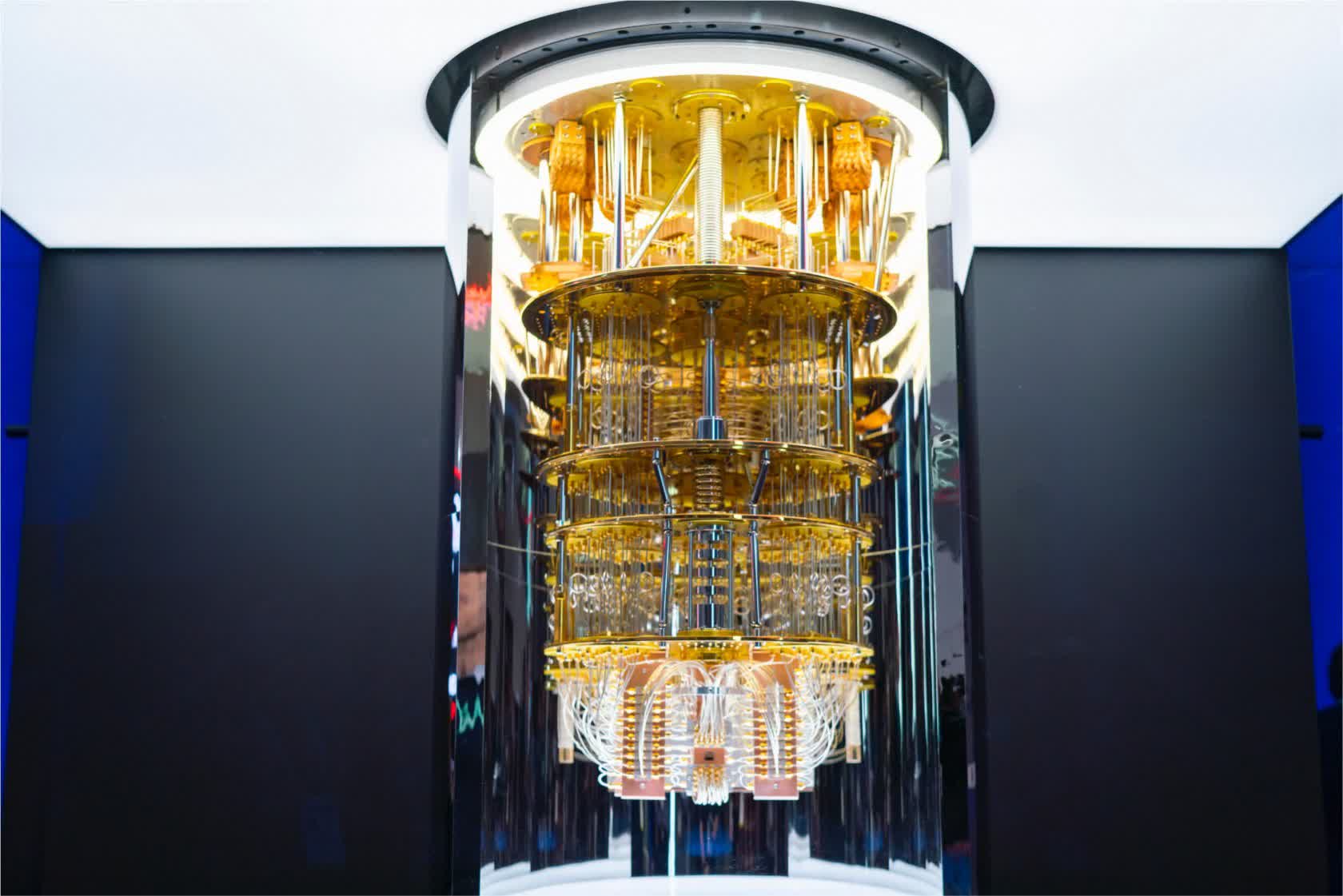The author claims that quantum computing is at a stage equivalent to the vacuum tube one in classical computers. I don't think so. ENIAC was a vacuum tube beast that could solve real problems. Current quantum computers have been able to solve trivial ones, or problems specifically posed so that they can be solved by quantum computers, and without any application otherwise. And that's where they have been stuck for more than ten years now.
If anything, quantum computers are at a stage similar to the initial stages of analog computers, with two important differences. First, those primitive analog computers already could solve nontrivial problems; and second, it was clear that more powerful analog computers were just a matter of time. As of today, it remains to be seen whether quantum computers will ever become anything other than curiosities with no relevant practical applications.
